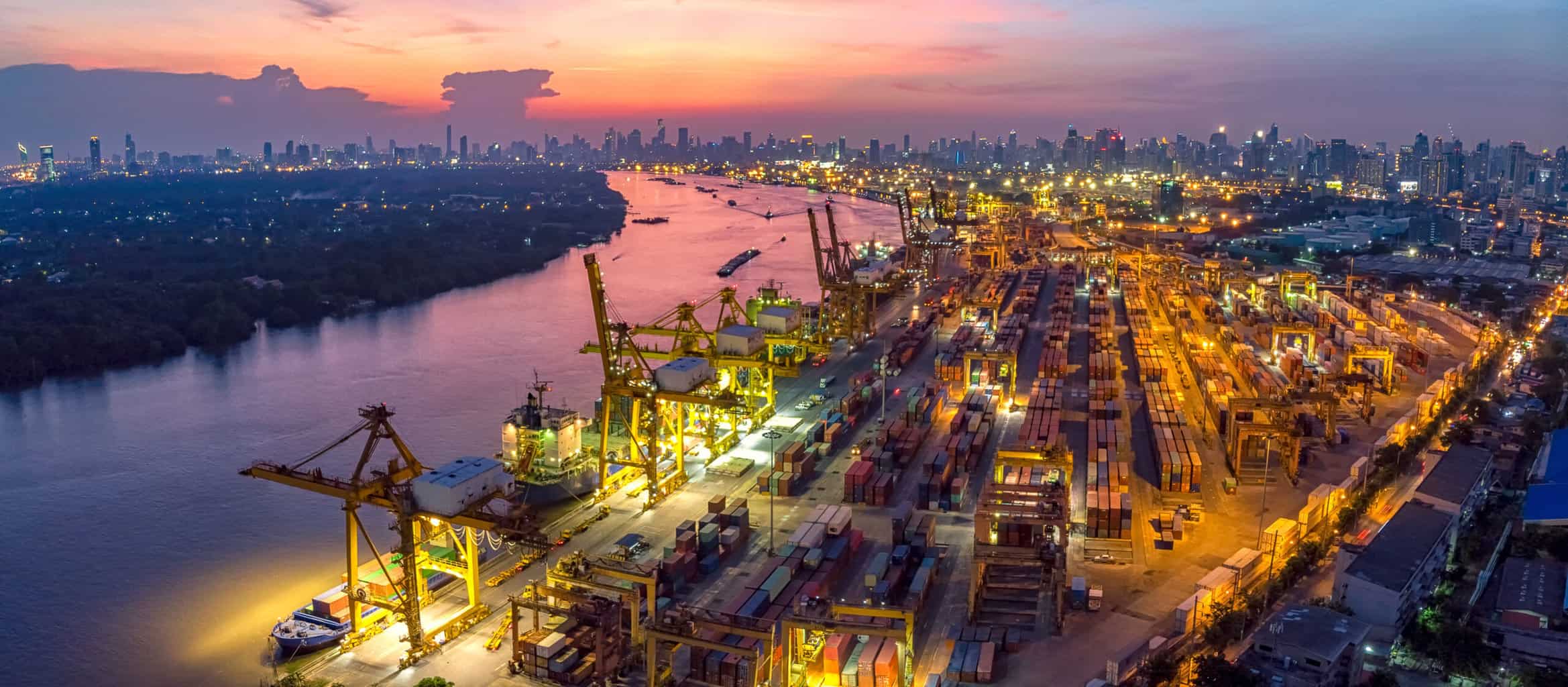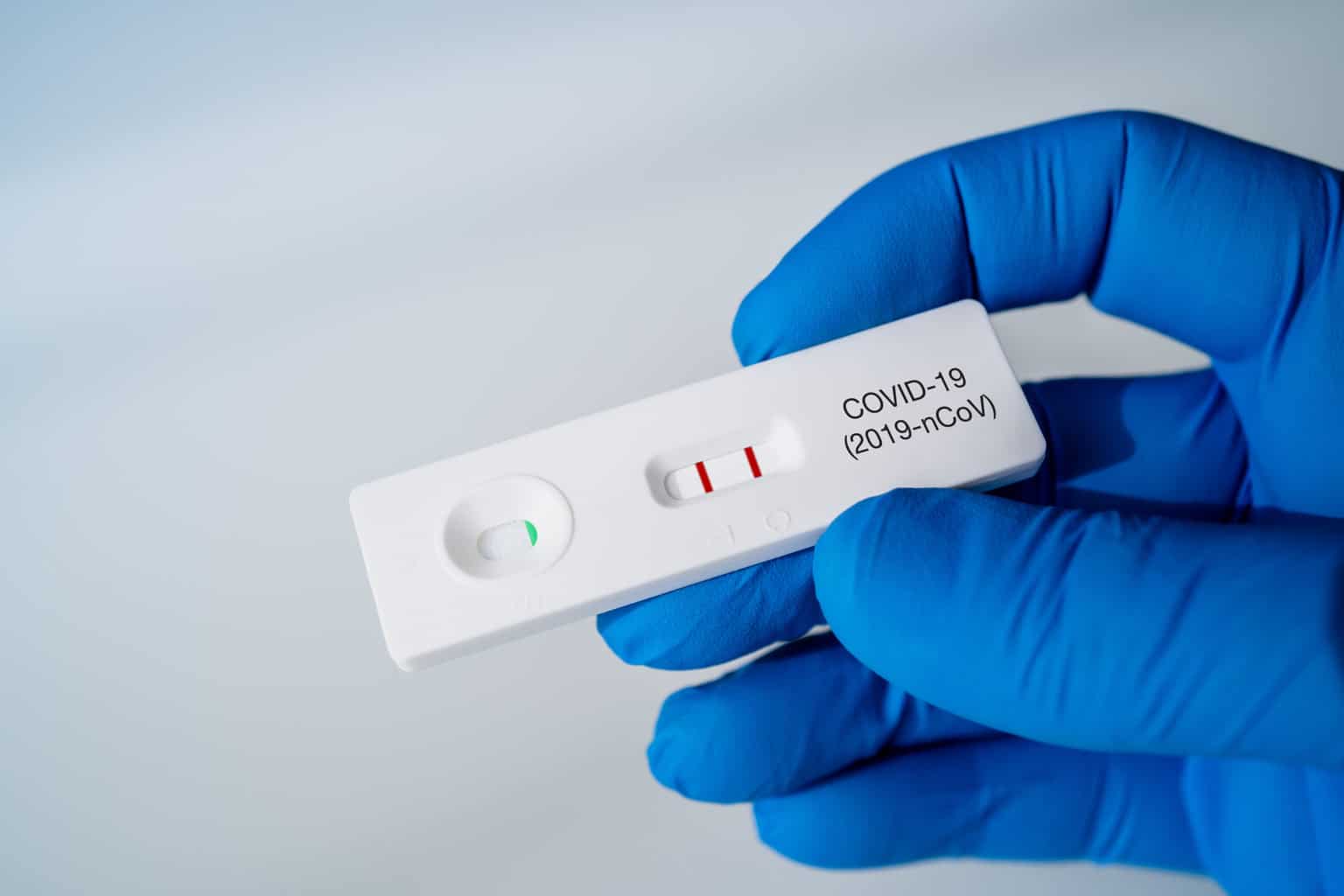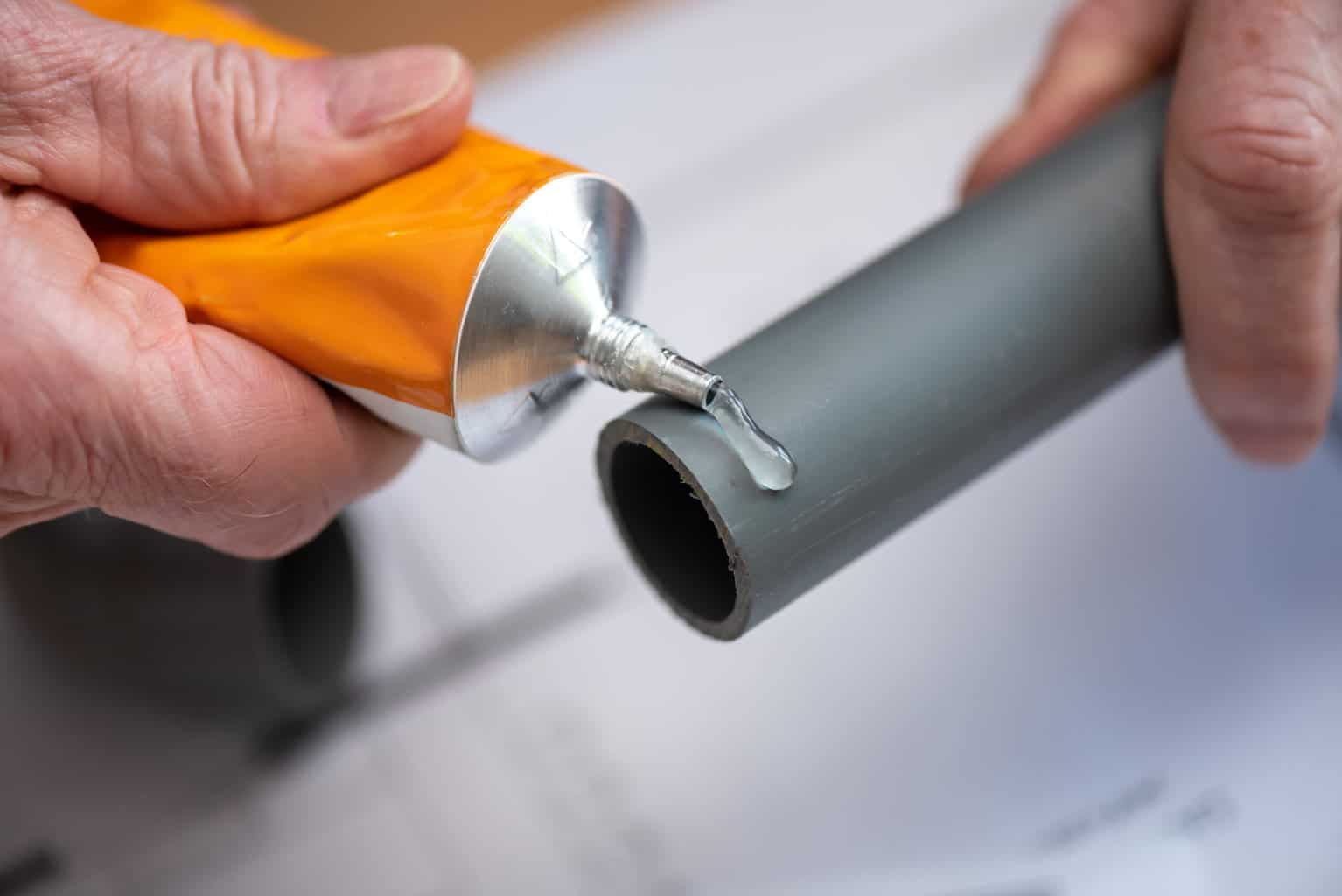The European Commission reports that approximately €4.8bn has been spent on approximately 90,000 REACH registrations. This means that the average cost of a REACH registration is around €54,000. This cost, however, varies significantly depending on tonnage band.
REACH registration requires companies to compile and submit information relating to their business and substances to the European Chemicals Agency (ECHA), the agency tasked with administrating the REACH regulation in the EU.
ECHA and the Member States use this database to identify substances of concern which are then subject to more stringent regualtion. Registration requires companies to provide information relating to the physical chemistry, toxicological and ecotoxicological nature of that substance. This is the so-called registration information requirement and is one of the most significant costs.
A summary of the costs for an EU REACH registration are;
| Cost item | Estimated cost | Notes |
|---|---|---|
| Substance identity | €1,000 to €2,000 | Depends on complexity of substance identity |
| Information requirements | <€10,000 to >€2,000,000 | Depends on annual tonnage and availability of existing data |
| ECHA fees | <€1,000 to €33,699 | Depends on company size and annual tonnage |
| Your time | €3,000 to >€50,000 | Depends on annual tonnage and availability of existing data |
Substance identity
Appropriate quality spectra and chromatograms, as well as other analytical information, are required to confirm the identity of the imported or manufactured substance. We estimate the analytical data to cost between €1,000 to €2,000. This may increase, however, for complex substances such as Unknown or Variable Composition, Complex Reaction Products and Biological Materials (UVCB).
Information requirements
The exact information required depends on the greatest volume of substance imported or manufactured per year by an individual company.
The Annexes of the regulatory text mandate the registration information requirements and the cost for generating the required information can vary greatly. Novel substances typically do not have sufficient information about them and new studies will be commissioned to generate the missing data. On the other hand, previously registered substances will have the required data and new registrants can pay a share of the original costs in order to access the studies required for their own registration. This is called a Letter of Access (LOA).
| Volume manufactured or imported, per year | REACH Annex | Estimated cost for information |
|---|---|---|
| 1 - 10 tonnes | VII | <€10,000 to €80,000 |
| 10 - 100 tonnes | VIII | €50,000 to €200,000 |
| 100 - 1,000 tonnes | IX | €150,000 to €900,000 |
| Over 1,000 tonnes | X | €750,000 to >€2,000,000 |
Submission fees
ECHA charges a registration submission fee. Use our calculator to estimate the fee for your submission.
Your time
We estimate that it takes from 20 to 40 hours in order to submit a registration dossier for a previously registered substance. This time includes the commissioning of substance analytical testing, negotiating a LOA, and creating both the inquiry and registration dossiers in IUCLID format.
For substances not previously REACH registered then you can expect to spend more time commissioning studies and building the registration dossier from scratch.
As the registration process can become quite technical, many companies call on the support of consultancies and legal experts in order to submit a REACH registration. Hourly cost rates may be higher but having experienced professionals support your registration can make the process more efficient.
Frequently Asked Questions
Do I have to pay a recurring Agency fee after a registration has been completed?
No, there is currently no recurring fee to hold a registration. If you change the registration, however, there may be additional Agency fees. For example, updating a registration to increase the tonnage band will incur an additional agency fee.
Can I spread the cost of REACH registration?
Yes, a good registration plan will use all of the provisions of the REACH regulation to allow your company to maintain compliance at the lowest cost and risk. For example, novel substances may be able to benefit from a PPORD notification before registration becomes necessary. Additionally, it may be beneficial to register at a lower tonnage band and then upgrade in line with the import or manufacture volumes.
Need help with chemical legislation compliance?
Speak with a regulatory expert for FREE.







Pingback: What are the ECHA fees for REACH submissions? | REACH Compliance
Pingback: The Ultimate Guide to REACH Compliance | REACH Compliance
Pingback: 30,000 polymers may be subject to REACH registration - REACH Compliance
Pingback: Meet Steve Hodge: award-winning CTO of Versarien and graphene industry champion - Graphene